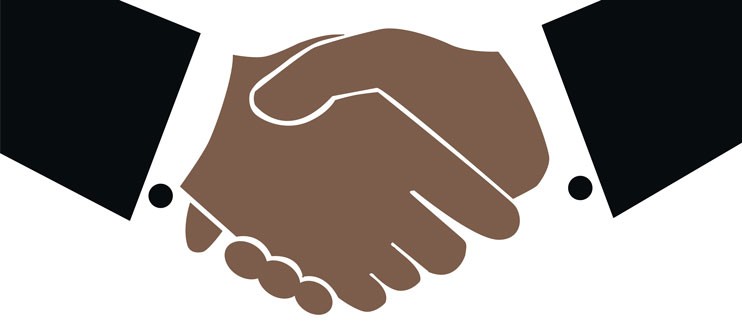
I have fond memories of a certain gentleman. Let me call him Sahib but that is not his real name. About fifteen years ago, I started doing business with Sahib. He was the CEO of a bank, and maybe those were what we call the ‘good times’. Sahib literally forced me to open an account in the bank he managed but I never regretted.
After I had been doing business with Sahib’s bank for a while, I got a juicy business opportunity. I called Sahib and asked him if I could borrow some money. “No problem my friend”, he said to me. “This is your bank, kalas”. Not sure that he had really agreed to let me take the money immediately, I called him the next day to restate my request. “Can I pay out the money today Sahib?” I began. He seemed very offended and replied curtly, “My friend, I said kalas, it is done. Don’t you understand my culture?”
I was rather embarrassed by his irritation. I proceeded to undertake the transaction and resolve all the legal niceties long after the deal was done. Recently I met up with Sahib in Dubai with another Ugandan friend. As we traversed Dubai Mall, the Ugandan friend asked Sahib when Uganda would catch up with Dubai. “Never!” Sahib retorted with finality. “Not in this life at least.” In the discussion that ensued, Sahib proceeded to explain the things that prevent Sub Saharan Africa from achieving what it is capable of.
The long and short of Sahib’s argument was that we don’t have sharaf (honour). We are more likely to break our promises without a thought to our personal and communal honour. That cannot happen in our culture he said. We would rather die, than lose face. Indeed if a person breaks ‘sharaf’, and he is a member of your family, it is your duty to punish them. Sharaf is the general honor code for men. It can be acquired, augmented, lost, and regained. Sharaf involves protection of the ‘ird’ of the women of the family, protection of property, and maintenance of the honour of the tribe and protection of the village. As a result we have a high degree of trust and can do many things without having complicated agreements. This honour thing is in our DNA.
Fast forward to last month and I ring a few captains of industry to try and wring some business out of them. “No problem, let us handle that,” they chorused. Knowing that I had the business in the bag, I proceeded to make arrangements to actualize my plans. On calling back to execute, I was shocked to receive a variety of evasive answers. “Ah…that one, I am sorry we can’t do it now” or “…our budget is overstretched and we are reviewing all our commitments now or “Sorry let me call you back next week.”
Maybe Sahib was right, I thought to myself. But then I remembered the “okutta omukago” culture of the Bantu. Didn’t our ancestors cut their bodies to draw blood and swear allegiance to one another? I am told that in the trust culture of old, men would eat coffee beans from the same berry, dipped in each others blood as a sign of eternal bonding and brotherhood. Was that not a culture of trust?
What I do know now is that we will turn against our own word without exception. We will “eat our vomit” in the words of one wise long gone sage. without batting an eyelid. From elder to statesman, we have collectively abdicated the responsibility in the saying “my word is my bond”. In place of being trustworthy, we have become more religious. There must be implications of not being trusted as a group and I am sure there is a price to having no ‘sharaf’. Maybe it is to burn in ‘jahannam’ while here on earth.
Samuel Sejjaaka is country Team Leader at Abacus Business School. @samuelsejjaaka
